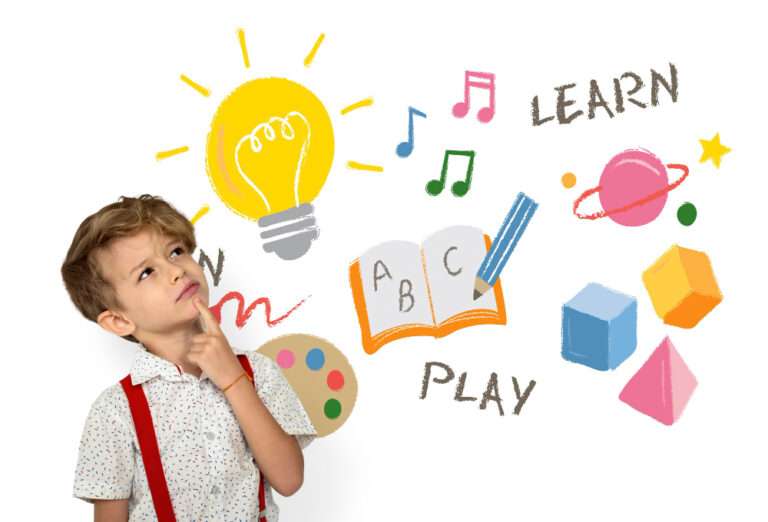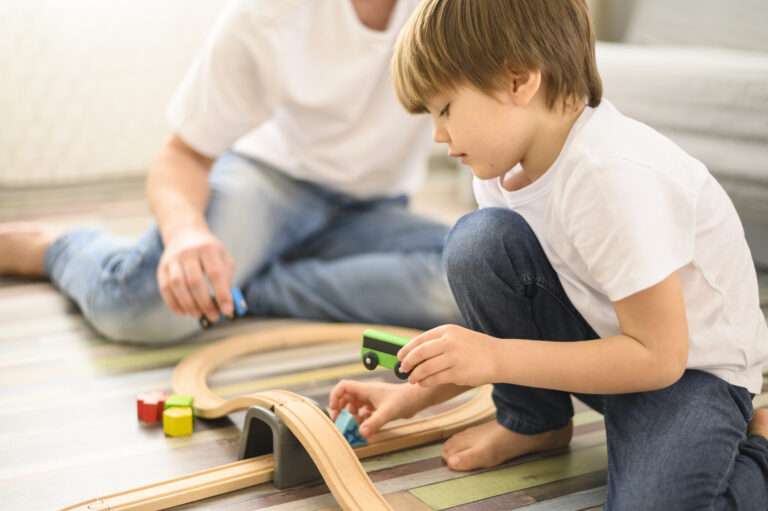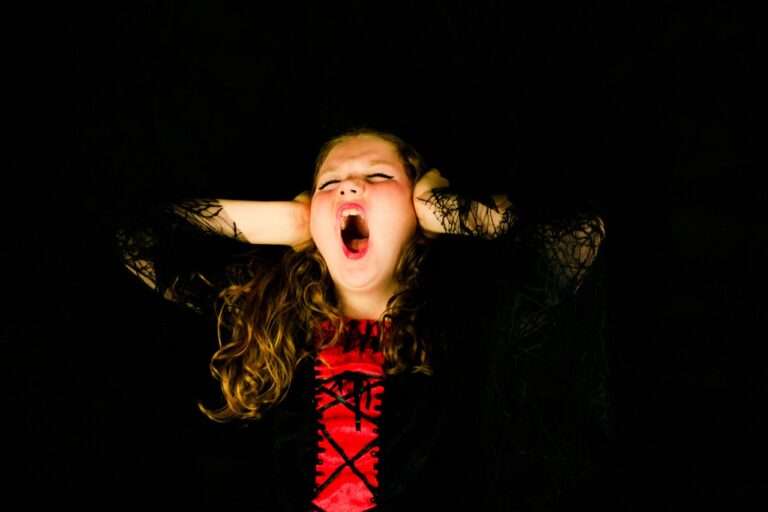Social and communication problems in children
Social and communication problems in children can manifest in various forms and can significantly impact their ability to interact effectively with others and form healthy relationships. These challenges may range from mild difficulties in understanding social cues to more severe disorders affecting communication.
Common Social and Communication Problems
- Delayed Speech and Language Development: Difficulty in acquiring language skills at the expected age.
- Difficulty Understanding Social Cues: Challenges in interpreting body language, facial expressions, or tone of voice.
- Problems with Verbal Communication: Trouble expressing thoughts and feelings effectively.
- Difficulty in Maintaining Conversations: Struggling to initiate or sustain a back-and-forth dialogue.
- Problems with Nonverbal Communication: Challenges in using and understanding gestures, eye contact, and facial expressions.
- Social Withdrawal: Preference for solitude and avoidance of social interactions.
- Difficulty in Making Friends: Challenges in forming and maintaining friendships.
Possible Causes
- Developmental Disorders: Such as Autism Spectrum Disorder (ASD) or Attention-Deficit/Hyperactivity Disorder (ADHD).
- Language Disorders: Including expressive and receptive language disorders.
- Hearing Impairments: Can affect the development of speech and language skills.
- Intellectual Disabilities: May affect the ability to understand and use language.
- Environmental Factors: Lack of exposure to language-rich environments, social opportunities, or trauma.
Diagnosis and Assessment
- Professional Evaluation: A thorough assessment by a pediatrician, speech-language therapist, or child psychologist.
- Observation of Behavior: In various settings, like home, school, and during play.
- Developmental Screening and Tests: To assess language, cognitive, and social skills.
Treatment and Management
- Speech and Language Therapy: Helps children improve their communication skills.
- Behavioral Therapy: Such as Cognitive Behavioral Therapy (CBT) for older children to enhance social skills.
- Occupational Therapy: To develop fine motor skills and sensory integration, which can impact communication.
- Social Skills Training: Programs specifically designed to teach social norms and behaviors.
- Parent Training and Family Therapy: Educating and involving the family in supporting the child.
- Educational Support: Tailored support within the school setting, including IEPs (Individualized Education Programs) if necessary.
Supporting Children with Communication and Social Problems
- Encouraging Interaction: Create opportunities for social interaction in comfortable settings.
- Modeling Social Behavior: Demonstrate appropriate social behaviors and communication.
- Positive Reinforcement: Praise and reward efforts to communicate and interact socially.
- Creating a Supportive Environment: A nurturing and understanding home and school environment.
- Patient and Consistent Encouragement: Encourage and support without pressuring the child.
When to Seek Help
- If a child shows significant delays in speech and language development.
- If social and communication challenges are affecting the child’s daily life and relationships.
- If there are concerns about a developmental disorder such as autism.
Children with social and communication problems benefit from early intervention and ongoing support. It’s important for parents and caregivers to seek professional guidance to address these challenges effectively and to provide the child with the necessary tools and support to succeed.
------------From our Sponsors------------








